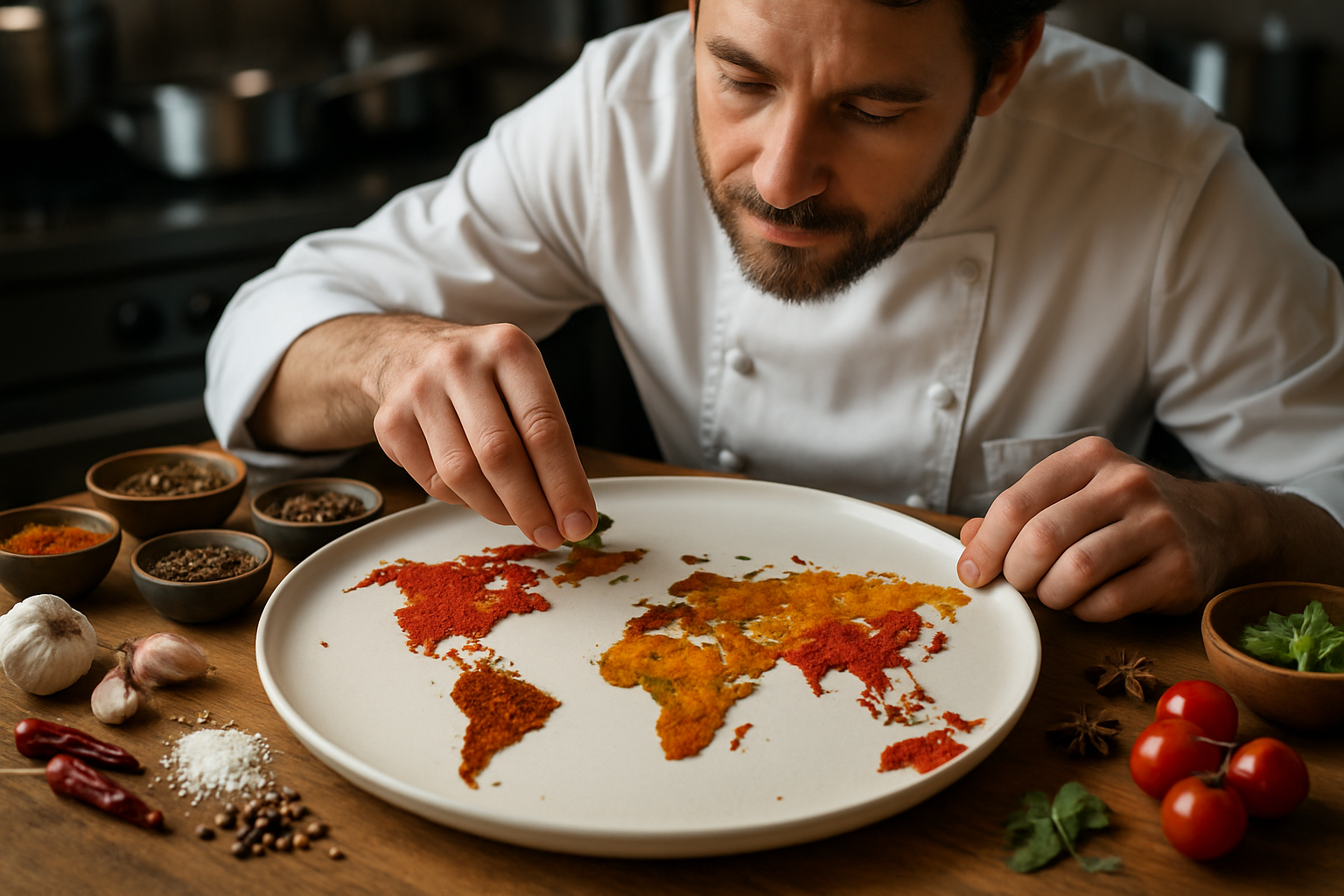Culinary Expeditions: Tracing Global Flavors Through Ancient Trade Routes
Embarking on a gastronomic journey along ancient trade routes offers a unique perspective on world cuisine. This culinary adventure intertwines history, culture, and flavors, allowing travelers to experience the rich tapestry of global gastronomy. From the aromatic spices of the Silk Road to the vibrant produce of the Mediterranean, these historical pathways continue to shape our palates and culinary traditions.

Exploring the Flavors of the Spice Islands
The Maluku Islands, once known as the Spice Islands, played a pivotal role in shaping global cuisine. These Indonesian archipelagos were the original source of nutmeg, mace, and cloves, spices so valuable they spurred colonial conquests and shaped world history. Modern culinary adventurers can island-hop through Maluku, savoring dishes infused with these prized spices and learning about their enduring impact on world gastronomy.
Mediterranean Marvels: Following the Phoenician Maritime Routes
The Phoenicians, ancient seafaring traders, established routes across the Mediterranean that facilitated the exchange of ingredients and culinary practices. Their legacy lives on in the shared culinary heritage of Mediterranean coastal cities. From the olive groves of Lebanon to the vineyards of Sicily, travelers can embark on a taste-driven expedition, uncovering the common threads that bind Mediterranean cuisines.
The Columbian Exchange: New World Flavors
The Columbian Exchange, following Christopher Columbus voyages, revolutionized global cuisine by introducing New World ingredients to the Old World and vice versa. This culinary cross-pollination gave birth to fusion cuisines that continue to evolve. Tracing these routes allows food enthusiasts to understand how staples like potatoes, tomatoes, and chocolate transformed cuisines worldwide.
Culinary Time Travel: Recreating Historical Menus
For the ultimate immersive experience, some restaurants and cultural institutions now offer historical dining experiences. These curated meals recreate dishes from specific periods along ancient trade routes, allowing diners to taste history. From Tang Dynasty feasts in Xian to Ottoman banquets in Istanbul, these experiences offer a tangible connection to the flavors of the past.
Savor the Journey: Tips for Culinary Explorers
-
Research local food festivals coinciding with your travel dates for an authentic taste of regional specialties
-
Seek out cooking classes that focus on historical recipes and techniques
-
Visit spice markets and local food producers to understand the source of ingredients
-
Document your culinary discoveries through a food journal or photography
-
Learn key phrases related to food and dining in the local language to enhance your experience
As we trace the paths of ancient traders through their culinary legacies, we gain a deeper appreciation for the interconnectedness of global cuisines. These gastronomic journeys not only tantalize our taste buds but also offer profound insights into the cultural exchanges that have shaped our world. By exploring these historical flavor routes, modern travelers can embark on a delicious adventure that bridges past and present, one bite at a time.




